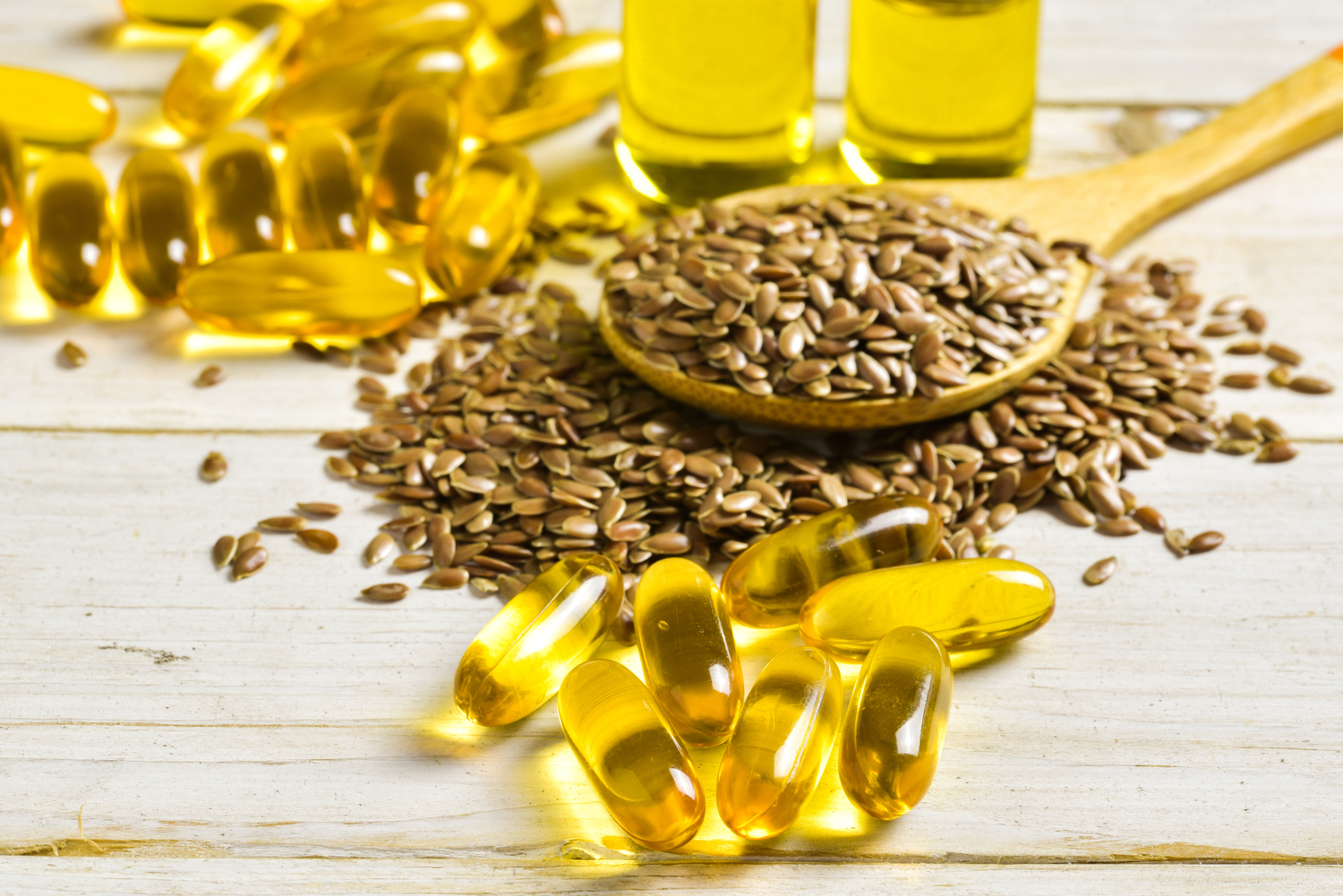
Natural Treatments for Menopause
Menopause can seem like a really scary transition for women entering the perimenopausal phase when many uncomfortable symptoms crop up (i.e., hot flashes, weight gain, headaches, irritability, dyspareunia, and low libido, etc.). However perimenopause and menopause (once the period has ceased for 12 months) does not have to be scary. This is a completely natural transitional phase for women, and menopause marks the ending of woman’s reproductive cycle. Perimenopause may begin between the ages of 40- to 50-years old.
The following highlights the symptoms of menopause, and a few natural treatment options to ease these symptoms:
1. Vaginal dryness
As estrogen hormone depletes or becomes irregular, vaginal dryness may occur, causing pain during intercourse and even vaginal atrophy. A lot of this pain is associated with a lack of natural lubrication of the vaginal walls during intercourse. This can happen to women who have just gone through menopause or are just beginning perimenopause. It is something that can also diminish sex drive significantly, however your doctor may prescribe vaginal estrogen or over-the-counter lubricants to boost lubrication and restore a healthy sex life with one’s partner.
2. Dyspareunia
Postmenopausal dyspareunia is a symptom that causes is low sexual desire and disinterest in sexual intimacy. While libido may wane in any relationship, which is healthy and completely normal, dyspareunia causes long-term loss of sexual desire and sexual intercourse. Dyspareunia may be caused by a sudden lack of hormones (i.e., estrogen), or also negative body image, or even depression, which can all affect women during menopause. A woman’s hormones play a big factor in her sex drive, so many doctors recommend hormone replacement therapy (i.e., estrogen) to improve it.
3. Medications to treat
There are medications that can help with the symptoms of dyspareunia-related menopause. Medications like Vyleesi Bremelanotide can help boost libido for post-menopausal woman who are suffering from long-term low sex drive following their menopausal years. This medication antagonizes the melanocortin receptors to help boost libido. If you think you may be suffering from dyspareunia, talk to a doctor about your treatment options.
4. Diet
There are diets specifically made to help women manage menopause symptoms. The foundation of most menopause diet methods start with a balanced diet comprised of lean protein, healthy fats, and whole grains. Low fat dairy (or foods rich in calcium) is often recommended to maintain bone growth and strengthen while preventing osteoporosis. Healthy fats aid in reduction of hot flashes and night sweats. Finally, whole grains are good for women with a risk of heart disease, cancer and other metabolic conditions.



